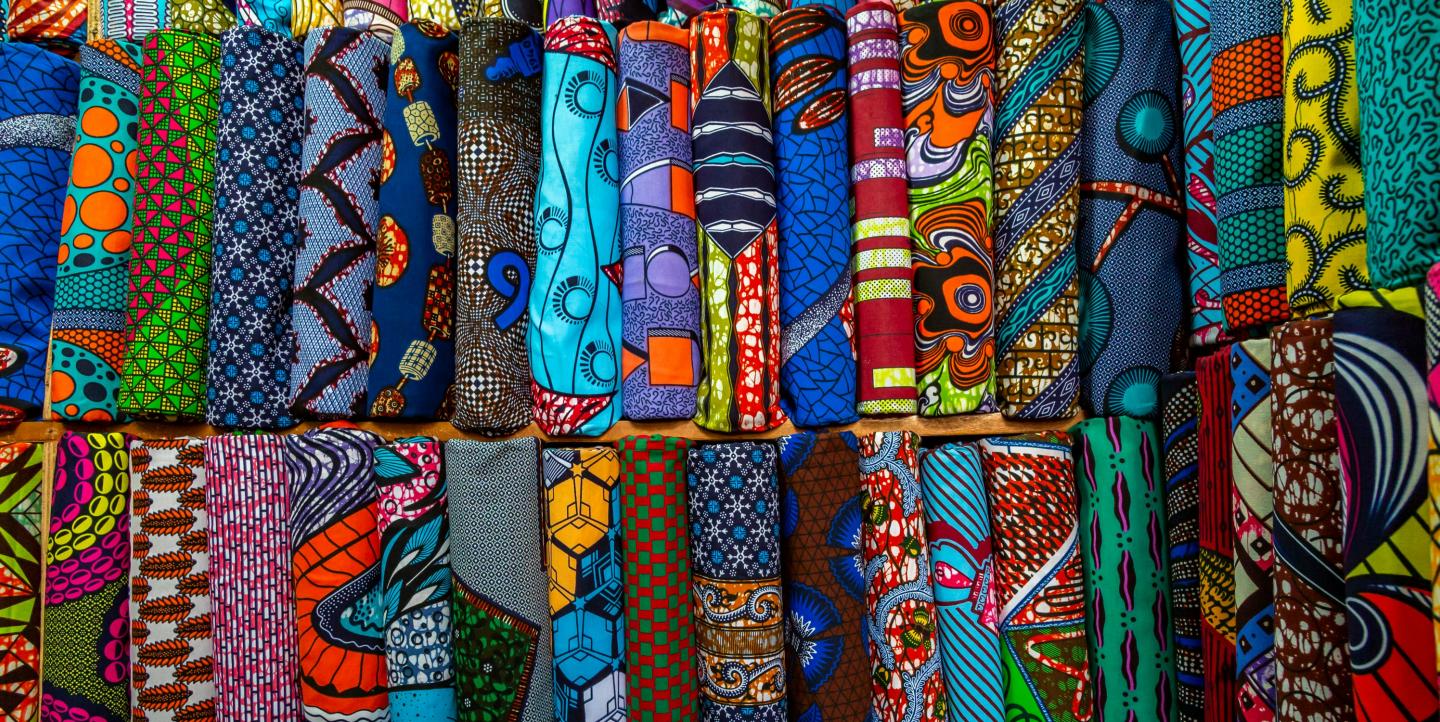Ever since award-winning Nigerian-American journalist Chika Oduah started practicing journalism, she has sought to cover Africa with more nuance. This proved to be more challenging than she expected.
“I wanted to make a difference by being a journalist reporting for Western-based media outlets,” she said. “But I realized that there is a limit to what you can do as a conscious journalist working for the Western media because the mainstream media typically wants simplistic, black-and-white stories [that] do not portray the nuances of the reality in Africa.”
Throughout her career, Oduah has witnessed how Africa is often written about as a place full of negativity, disease and doom: “I have been a journalist for about 20 years and [over] this period, I have noticed that there is typically a narrative that Western media outlets maintain when covering Africa.”
Determined to counter these narratives, in June 2023 Oduah launched Zikora Media and Arts. “[In Igbo] Zikora means to show the world, and strive to show to the world, what it means to be unapologetically African,” she said.
Zikora’s creative categories
Zikora operates six creative categories, also known as branches, to accomplish its editorial goals. These include literary arts, performing arts, an initiative called “The Collective Tree,” events, film and TV, and journalism.
As part of its literary arts focus, Zikora calls for poets to write about Africa’s rich cultural heritage and history. This branch, which is still being developed, recognizes the power of the written word and its capacity to ensure the preservation and appreciation of African stories.
“I believe that arts and storytelling are tools we can use to elevate Africa’s position in the global geopolitical arena,” she said. “We need to rise to the top and shape Africa today and tomorrow. We don’t ignore the challenges, but we talk about them in an uplifting way.”
Zikora’s performing arts branch showcases art created through movement such as dance, which is part of Africa’s heritage. Under this category, the platform partners with Bakalama Danse, an award-winning Senegalese dance company, to offer West African traditional dance lessons weekly in Dakar, Senegal.
“For me, it is all about combining arts with journalism because a lot of Africans are very much intent on seeing themselves owning the media,” said Oduah. “Many [Africans] are aware of how they have been portrayed and are eager to see these wrongs corrected.”
The Collective Tree brings filmmakers, visual artists, dancers, poets, sculptors, writers and more together to support one another by sharing career-related opportunities and learning experiences on how to improve their respective crafts.
Under the film and TV branch, Zikora harnesses the power of moving images and cinema to showcase the continent’s culture and history.
Oduah and her team are currently producing Zikora’s first film, too, called Looking for Boko Haram, to be released in 2025. The film focuses on the ongoing Boko Haram war in northeastern Nigeria, highlighting the beauty and courage of the region's people rather than the misery of the conflict.
The journalism
Zikora runs two projects under its journalism branch: Diaspora and Biafran War Memories, a digital archive of first-hand accounts of the 1967-1970 Nigerian Civil War, also known as the Biafran War.
The Biafran War Memories project tells the stories of people who lived through the 1967-1970 Nigerian Civil War. Diaspora features photos, personal essays and poems that explore the cross-cultural identity of Africans living outside of the continent.
“[The writers] write their own stories and we just help to shape them up,” said Oduah. “It gives them a sense of pride. Racism is a common theme in these stories, but themes around socializing, marriage and cultural expectations [are] also [explored].”
For instance, a Togolese electrical engineer living in Portland, Oregon wrote a story about his experience in the U.S. with no American friends. In another story, a corporate communications specialist working at Amazon in Seattle wrote about how she is teaching her kids Bambara, a language spoken in Mali, to help them feel connected to their homeland. Last year, a Senegalese data science consultant and entrepreneur based in Montreal wrote about the discrimination he faced during his childhood in Washington, D.C.
“Circles”
Zikora also hosts “circles,” or gatherings that bring together thought leaders, artists, community leaders, students and more to celebrate Africa’s arts and cultures. Attendees discuss ideas for how to make a positive impact throughout the continent during these events.
“There is a need more than ever to not just properly tell African stories beyond the coups, famine, security challenges [and] bad healthcare, [but also] for development [and] to tell of the continent’s rich history, culture and upward trajectories,” said one circle attendee, Buchi Onyegbule.
These gatherings are designed to elevate underreported African stories that showcase diverse perspectives from the continent, explained Cynthia Butare, Zikora’s Francophone Africa network director. “It's all about ensuring our platform reflects the rich diversity of stories across Africa,” she said. “Working closely with the other directors, our goal is to maintain the authenticity and relevance of Zikora's storytelling.”
The future
Zikora is not yet a year old, but Oduah and her team are already making plans to expand.
“We intend to make more films and sell them to major streaming platforms like Amazon [and] Netflix,” said Oduah. “We will also collaborate with artists across the entire continent under the Collective Tree. We want to have a database for different kinds of artists, [which will] also be a support network.”
Oduah hopes to begin distributing a printed magazine globally, too. This product would draw on stories from Zikora’s Diaspora branch, and be published twice yearly.
“We want to tell stories that represent the reality of Africa in a way that does not have a negative agenda,” said Oduah. “There is a reawakening of consciousness about the need to own our own story and determine our future [...] we must identify what we value and reject as Africans.”

